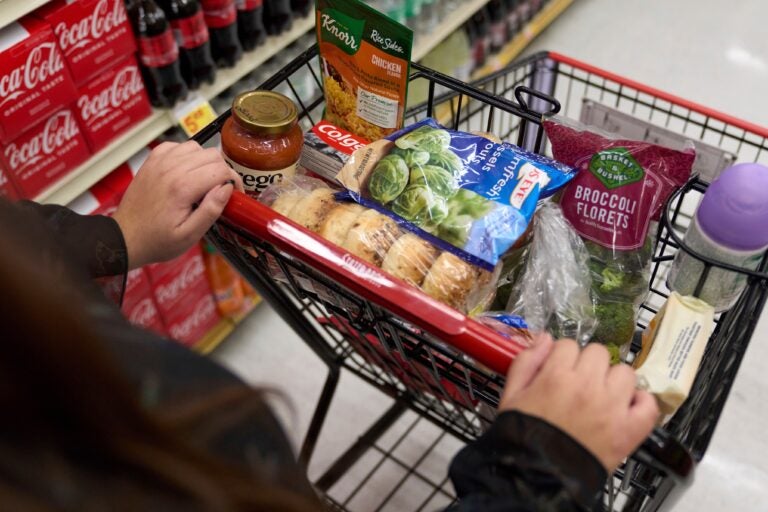New work requirements for recipients of the Supplemental Nutrition Assistance Program (SNAP) take effect on Labor Day, impacting thousands of individuals across Philadelphia and beyond. The changes, part of a federal budget bill signed by former President Donald Trump in July, mandate that adults under 55 without children must demonstrate they are working or volunteering for at least 20 hours a week.
For many, like Chris Parks, who has relied on food stamps for over five years, this new requirement comes as a shock. Parks, a Philadelphia resident, uses SNAP to help cover grocery costs, allowing her to allocate funds to other essential expenses, such as medical bills. “It really helps, especially now with prices fluctuating at the various markets,” Parks said. “You shouldn’t have to feel that you have to compromise food in order to pay for other things.”
This shift in SNAP policy has raised concerns among advocacy groups and legal experts. Lydia Gottesfeld, an attorney at Community Legal Services of Philadelphia, expressed worries that many recipients could lose their benefits not due to ineligibility, but because they fail to submit the necessary documentation on time. “With this new requirement, which is quite complicated, we’re worried that many people may lose access to SNAP,” Gottesfeld noted.
The stakes are high, with estimates suggesting that as many as 144,000 Pennsylvania residents and 45,000 Philadelphians could face reductions in their food assistance. The new rules will also apply to veterans and individuals aged 55 to 64 starting in November.
Parks, who has health issues including diabetes and osteoarthritis, has received documentation from her physician for an exemption. However, many residents must now navigate the complexities of the new requirements to avoid losing their benefits. Those who work and earn more than $217.50 per week before taxes are exempt, but others must provide proof of their work or volunteer hours, or risk receiving SNAP benefits for only three months out of every three years.
The changes have prompted fears among recent retirees and those caring for dependents. Parks expressed her frustration, saying, “For recent retirees, the last thing you want to be hit with is, ‘If you want to sustain your SNAP benefits, you have to go back out into the workforce.’”
Additionally, some immigrants, including refugees, will no longer be eligible for SNAP benefits under the new rules. Advocacy groups are urging recipients to watch for notifications in the mail about these changes. According to Gottesfeld, many residents are unaware, leading to confusion and anxiety over what paperwork is required.
“We’re hearing a lot of surprise and people trying to understand the rules that are coming, what paperwork they need to get in,” Gottesfeld said. “People are also frustrated because they have various caregiving duties, or they’re older adults, and meeting this work requirement doesn’t make a lot of sense.”
As the deadline approaches, those affected are urged to seek assistance and ensure they are prepared to meet the new requirements. The implications of these changes could significantly affect the lives of many who rely on SNAP for their daily sustenance.





































































